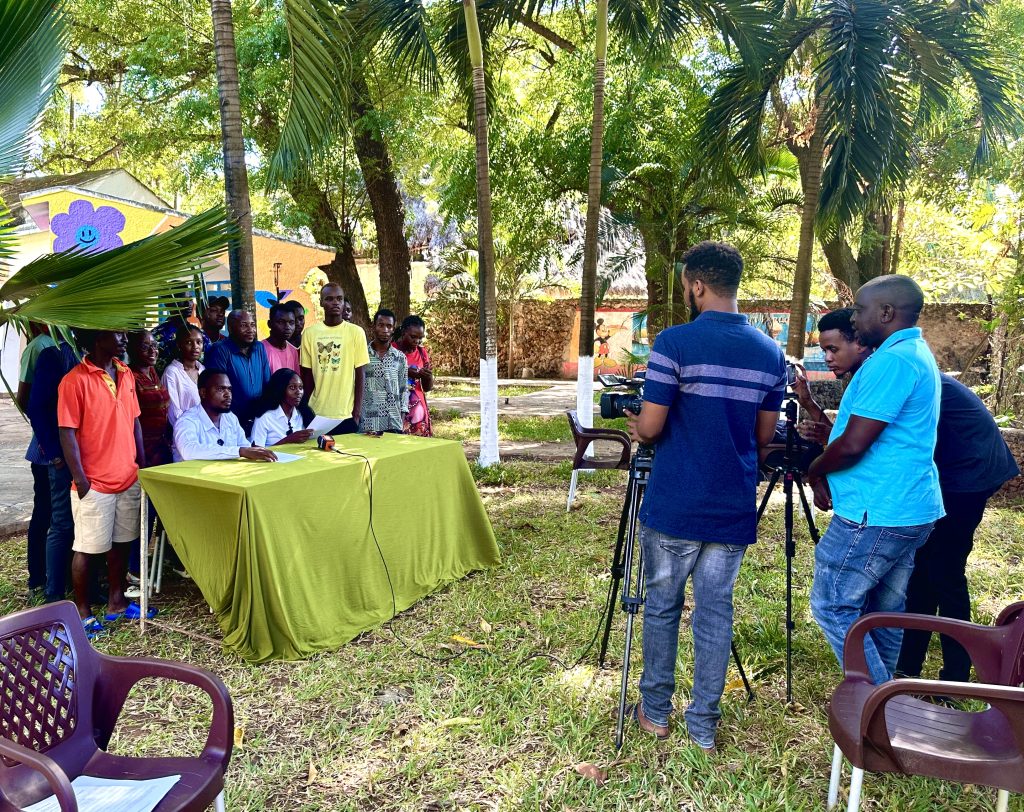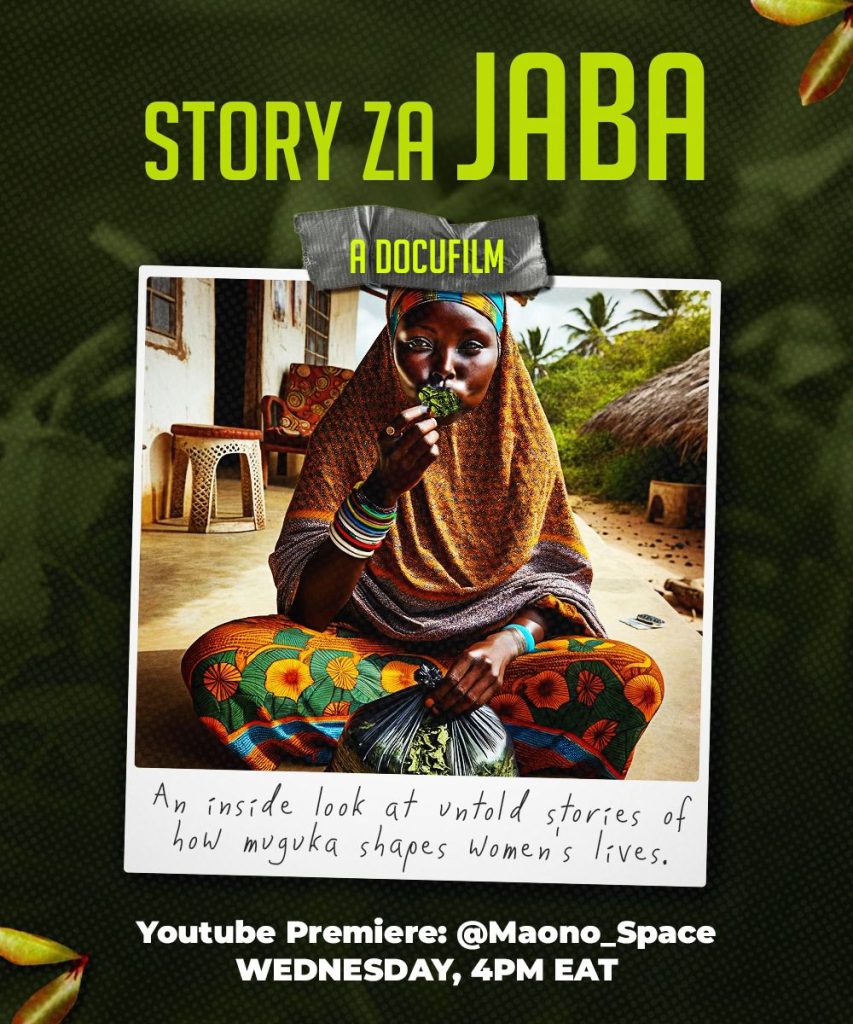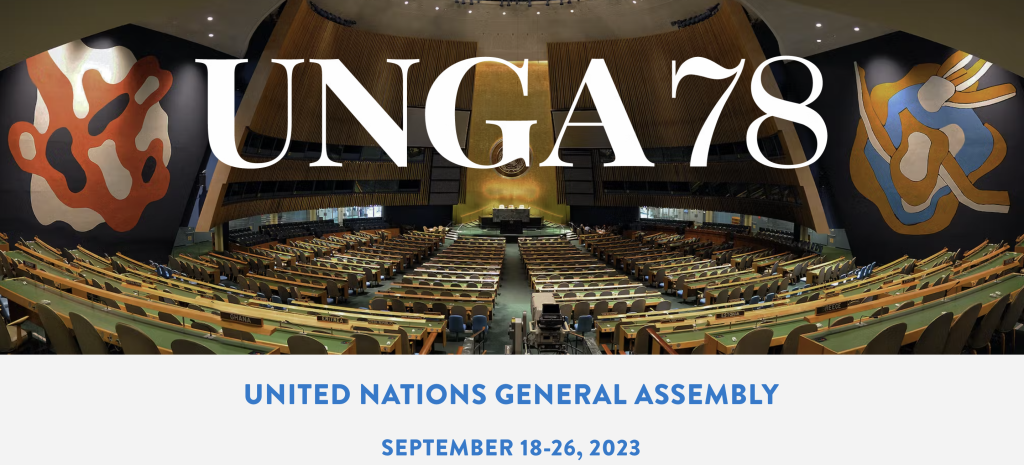If you wanted to find 5 community-based organisations to work with in Kilifi County, how would you get them? Instinctively, you would go onto Google Search and key in something like “community based organisations in Kilifi County”, expecting that a few of them would pop up. Unfortunately, you would not find them. The few you would see are large or medium-sized organisations that can afford to maintain websites, but these do not represent the true landscape of non-profits in the County. In this digital age, grassroots organisations remain virtually invisible online, greatly limiting their visibility and funding opportunities.
At the forefront of Sustainable Development are Community Based Organisations (CBOs). They are important because they come from and work directly with the communities at village, ward and sub-county level. Their work has more ownership, therefore more impact.
Here at Maono Space in Malindi, where we work alongside CBOs, we have seen their real power. They are literally stopping forced marriages, keeping girls in schools, restoring and protecting forests, mobilising community members to attend public participation meetings as well as putting pressure on the government to deliver on essential projects like putting up street lights, building classrooms etc.
They do all these with very scarce resources, oftentimes balancing money from their day jobs to facilitate their programs. Tragically, the important work they do goes unnoticed by partners or funders who could enable them to keep doing what they do best. Yet Community-Based Organisations are not alone, even National-level organisations barely have proper marketing and communications in place, despite its proven potential to scale the impacts of these organisations.
Barriers to Proper Marketing & Communications
To a large extent, nonprofits desire and acknowledge the value of marketing and communications. However, there are many big and small factors that act as barriers. For example, with very tight budgets, grassroots organisations see marketing as an unnecessary cost compared to administrative and program costs. As such, it appears closer to the bottom of the priority list.
In addition, grassroots organisations face challenges with putting together strong teams, with many having one or two individuals. They have to juggle between administrative work, accounting and finance, fundraising, program design, implementation and reporting. Add the demands of their day jobs to this list and the obligations of their personal lives. Putting a few posts on social media (as it is perceived) becomes among the last things on the to do list. These are just but some of the barriers that prevent grassroots organisations from truly tapping into the benefits of proper marketing and communications.
On many occasions, the distribution of the grants Non-profits get is predetermined by the Funder. This ties an organisation strictly to the grant contract, limiting their ability to spend on anything that is outside the listed deliverables. Marketing and Communications usually is not in the line items.
Thellesi Trust has been supporting a few organisations in Malindi with marketing and communications support so that they tell their stories and build visibility. We are supporting One Million Trees for Kilifi to fundraise for his organisation, we are working with Kilifi Youth Assembly to produce content that they are using for advocacy efforts, we are supporting Maono Space to build a strong community of followers and partners, and much more.
Dhome Kikwetu Festival
Recently, we were part of a group of community-based organisations in Malindi hosted at Maono Space that organised the Dhome Kikwetu Cultural Festival. The theme of the festival was “Fostering development through cultural appreciation”, and it aimed to bring together the different cultures in Kilifi County to enjoy each other’s stories, music, dance, food and drinks, as well as have conversations about how culture can be leveraged to promote active citizenship. This event is special because it was organised by a group of Community-Based organisations who are all in different thematic areas but came together for cultural celebration. It was a demonstration of how grassroots organisations are coming together and leveraging each other to drive messages and social change.
Our contribution to the event was marketing and communications support – everything from strategic advice, developing messaging for the event, branding, creating promotional content, event coverage, among others. It involved mapping our intended in detail, making well thought through invitational videos and posters, speaking to community influencers to help push our messages, leveraging Facebook groups (next to WhatsApp, these are the most popular social media platforms), content writing, copywriting, graphics design among other activities.
As a result, we are happy to report that the event was attended by more than 350 people, including local government officials such as Hon. Dr. Ruth Dama, CECM for Culture in Kilifi County, Hon. Teddy Mwambire, Speaker of the County Assembly of Kilifi, and other notable leaders such as Hon. Fikirini Jacobs, Hon. Maur Abdallah Bwanamaka, Hon. Betty Kache Mwavua, Hon. Aisha Nizar, Mr. Joshua AC.C Magarini, Mr. Dadu Chome, and Miss Matilda Baga. This would not have been possible without a strong communications strategy. Click HERE to see moments from the event.
Also Read: Marketing For Public Participation
Why Effective Marketing Strategies Matter
As Oliver Kagwe, our Executive Director, likes to say, “If marketing can be used by the for-profit sector to change consumer behaviour and generate trillions in profits for directors and shareholders, then it can also be harnessed by non-profit organisations to drive positive social behaviour change.” Here are some of the key benefits of effective marketing and communications for non-profits, especially grassroots organisations:
- Proper marketing and communications increases an organisation’s visibility, which in turn leads to funding success. With funding success, an organisation can invest in proper teams, systems and processes that result in better program outcomes.
- It helps build a strong community of followers and supporters of the organisation’s mission. By sharing stories and engaging content, organisations can create a sense of belonging. This makes it easy for them to mobilise support for their initiatives when they need to.
- There is a prevailing doubt on the credibility of community based organisations. Visibility demonstrates actual work and experiences of an organisation, which helps to build brand awareness and reputation. This is important in fundraising efforts.
- To truly shift the power to communities, we need to equip them with the tools to amplify their voices. For grassroots organisations, this includes robust marketing and communications strategies. Players in the development sector need to appreciate that marketing and communications strategies are essential components of community engagement.
- When thinking about Systems Change, we need to shift the prevailing perception in the non-profit space that marketing is a secondary need – an extravagance, an unnecessary overhead cost. Marketing is about ensuring that the work done at the community level gets the attention and support that it deserves.
Our position as Thellesi Trust is this: to truly empower communities, investments must flow to support them to tell their stories. Marketing and communications is an essential part of sustainable development and community empowerment.


